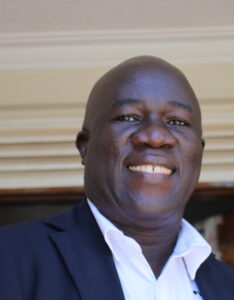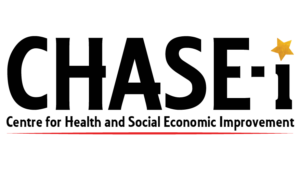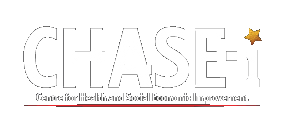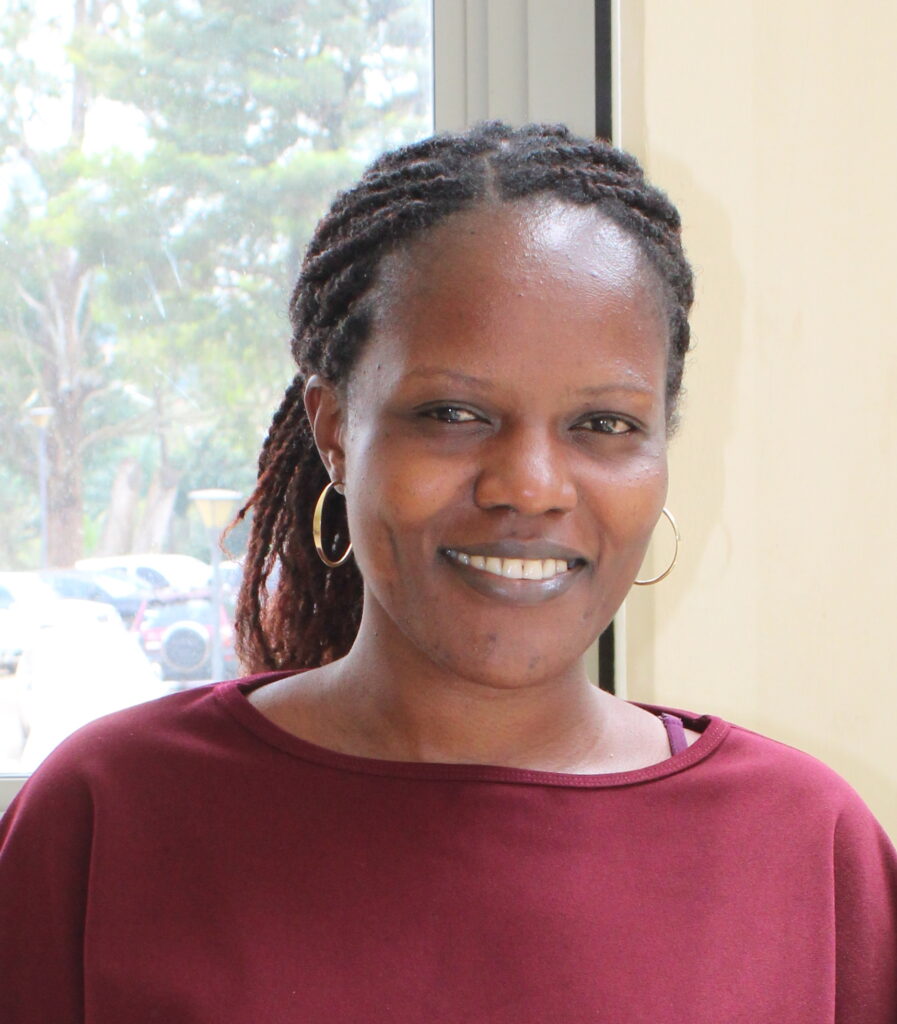Looking back and forward – Implementing Partner (IP) lessons from the REFLECT Project

Dunstan Ddamulira Paul
- November 18, 2021
I have previously written about our experience and lessons learnt on the this project in a piece titled “Effective partnerships for research: the case of REFLECT Study”. So here I am going to be brief and just talk about the benefits or gains right now, almost a year since we participated as partners. As an organization we managed to revive our ‘R’ in ACORD. We had not taken it as a key element in our previous work but this study managed to re awaken it. We had taken some time without involving ourselves in such research that is practical with evident results that can inform programming. The last time we did was in 2002 when we partnered with the University of Warwick in the UK.
We used the experience gained in this study to inform our programming. We have examples of two new projects that we managed to propose to donors and they accepted to fund us, based on our participation in the REFLECT study. One of these projects is in Bidibidi refugee settlement which, as you know, is the largest refugee settlement and we are doing something almost similar to REFLECT. The other one is in Kyangwali settlement. Without referencing to our participation and experience in this research, we were not going to get the funds. But we did and the experience helped greatly, I would even go as far to say that it is probably the most important factor that got us those resources. Now we are giving COVID response in these areas, and it is great. We are also directly drawing from REFLECT study findings to actually provide that COVID response.
As individuals, it has provided an opportunity to be part of a research study and to publish, which is something that is rare. The study managed to give us that opportunity and for me a chance to be a Co-Investigator which is a good thing. As an individual and also as an organization, our profile has been uplifted and our presence online. I hope we can continue to engage in more studies in the future and also grow in this area of merging research and programming. The study also increased our experience and knowledge as individuals and an organization because we can be able to strengthen and put in our profile as an organization that can conduct research and collaborate within a large consortium and with academic institutions which wasn’t the case before. So we are thankful for this opportunity because it has added a lot of value compared to the projects we are implementing at the moment. It was very unique.
For urban refugees, we were lacking that interaction and understanding of how they live in their day-to-day lives. This research provided an opportunity for us to interact and know how they live.I also want to mention our interaction with stakeholders. This study strengthened that interaction with key stakeholders at different levels and gave us the rare opportunity of physically engaging and interacting with them on a number of issues.
The only possible gap I can think of, was in terms of an area that we didn’t cover in this research: the issue of vaccines. But also when we were conducting this research, it was the first wave and COVID had just entered Uganda so that issue was not existing. Although now as we close the study and disseminate findings to the stakeholders, some of them have been asking questions about this, whether we are going to something about it because that issue of vaccines is now a hot topic everywhere. I think that in the future if there is any opportunity that we can get another study in line with vaccination or issues surrounding vaccination and the community, that would be a very good area to build on the REFLECT study. Also to implement programmes in some of the areas that came out as areas of importance and urgency for the refugee population like mental health and teenage pregnancy among others.
Finally, I want to talk about the whole process of managing the diverse team. Because when you assess the study team, it involved a consortium, different entities, and associations and so on. COVID-19 is life threatening so there was that fear and a lot of other challenges to conduct the research at the time we did. Also, consortium arrangements usually have different interests and methods of work which can sometimes cause friction. But somehow things moved really smoothly, so I don’t know what happened there. The Principal Investigator provided some good leadership and she was up to the task, motivating everybody. She put in 101% of her time and you can see she’s still on it up to now with this dissemination activity. I learnt a lot and hope that even our future partnerships do not have any hiccups but instead that they have the success we witnessed and were honoured to be a part of on the REFLECT project.
About the Author
Dunstan Ddamulira Paul is a Co-Investigator on the REFLECT study. He is a WASH expert with skills in programming of Development and Humanitarian projects while combining practical work, research, and advocacy. Currently working as Director of Programmes for ACORD Uganda, he has over 20 years of hands-on experience in the management of multi-sectoral programmes. Dunstan’s background is in the areas of Institutional Management and Leadership; Water Resources Management; Civil and WASH Engineering.


